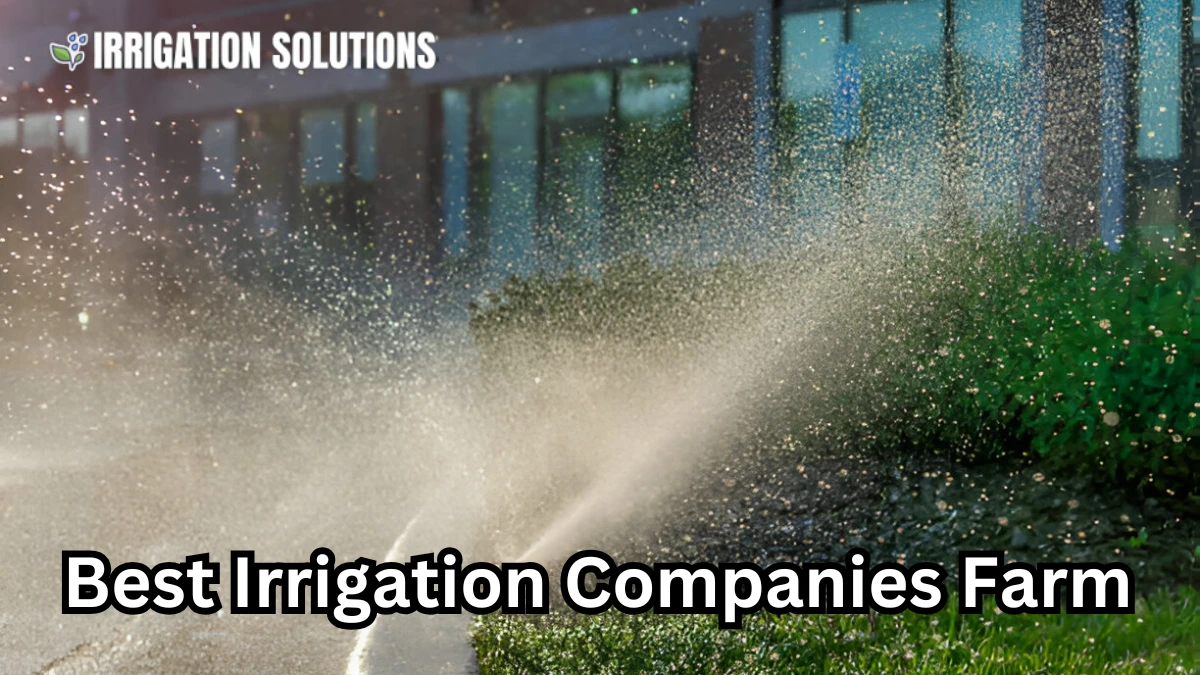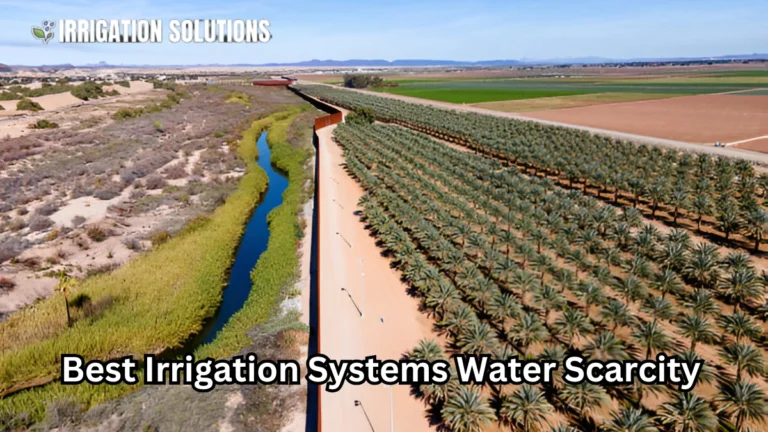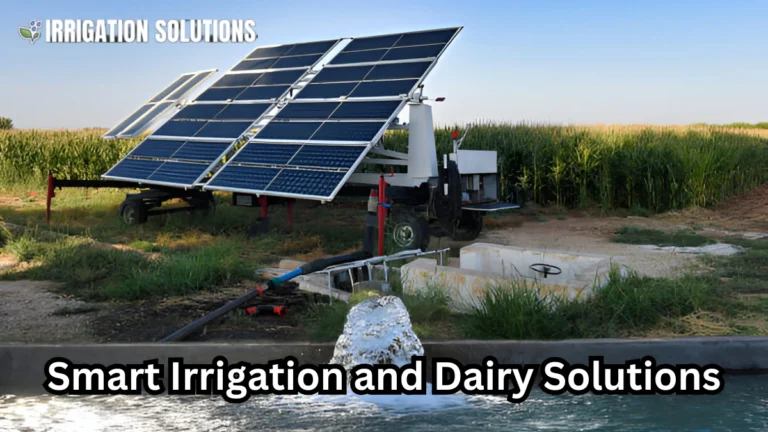best irrigation companies farm

Irrigation is a cornerstone of modern agriculture, ensuring crops receive the essential water they need to thrive. As agricultural practices evolve, the role of irrigation companies becomes increasingly vital. These companies provide innovative solutions to optimize water usage, enhance crop yields, and promote sustainable farming practices. In this comprehensive guide, we will explore the significance of irrigation companies, the various types of irrigation systems they offer, and how their expertise can transform agricultural landscapes.
Understanding the Importance of Irrigation
Water is life, especially in agriculture. Without adequate irrigation, crop yields suffer, food security diminishes, and farmers face economic challenges. Here are some key statistics that highlight the significance of irrigation:
- Global Water Usage: Agriculture accounts for nearly 70% of global freshwater withdrawals, according to the Food and Agriculture Organization (FAO).
- Impact on Crop Yields: Irrigated land yields two to three times more food than rain fed land, making irrigation essential for food production.
- Food Security: The World Bank estimates that irrigation improvements can increase food production by 20-50%, significantly contributing to food security.
With these statistics in mind, it’s clear that irrigation companies play a pivotal role in ensuring sustainable agricultural practices and maximizing crop yields.
Types of Irrigation Systems
Irrigation companies offer a variety of systems tailored to the unique needs of different crops, climates, and soil types. Here’s a look at the most common types of irrigation systems:
Drip Irrigation
Drip irrigation delivers water directly to the plant roots through a network of tubing and emitters. This method minimizes water waste and maximizes efficiency.
- Benefits:
- Reduces water usage by up to 50%
- Minimizes weed growth
- Promotes healthier plants with consistent moisture
Sprinkler Irrigation
Sprinkler systems distribute water through a network of pipes and sprinklers, mimicking natural rainfall. They are versatile and suitable for various crop types.
- Benefits:
- Covers large areas efficiently
- Adjustable for different crop needs
- Can be automated for convenience
Surface Irrigation
In surface irrigation, water flows over the soil surface to reach the crops. This method includes furrow, flood, and basin irrigation.
- Benefits:
- Low initial investment
- Simple to implement
- Effective for certain crops and landscapes
Subsurface Irrigation
Subsurface irrigation involves placing water delivery systems below the soil surface, providing moisture directly to the root zone.
- Benefits:
- Reduces evaporation loss
- Minimizes weed growth
- Efficient for high value crops
Center Pivot Irrigation
Center pivot systems consist of rotating arms that water crops in a circular pattern. They are commonly used in large scale agriculture.
- Benefits:
- High efficiency for large fields
- Automated operation
- Uniform water distribution
How Irrigation Companies Contribute to Agriculture
Irrigation companies are essential partners for farmers, providing expertise and technology to enhance agricultural practices. Here are several ways they contribute:
Consultation and Planning
Irrigation companies assess the specific needs of a farm and provide tailored solutions. They analyze factors such as:
- Soil type
- Crop requirements
- Water availability
- Climate conditions
System Design and Installation
After consultation, irrigation companies design and install the appropriate systems. Their expertise ensures optimal placement, maximizing water efficiency while minimizing costs.
Maintenance and Support
Regular maintenance is crucial for irrigation systems to function effectively. Companies offer ongoing support, including:
- Routine inspections
- Repairs and replacements
- Upgrades to new technology
Education and Training
Irrigation companies provide training for farmers on best practices for using their systems. This education can cover:
- Efficient water management
- System operation
- Troubleshooting common issues
Innovations in Irrigation Technology
The irrigation industry is continually evolving, with innovations aimed at increasing efficiency and sustainability. Here are some cutting edge technologies making waves:
Smart Irrigation Systems
Smart irrigation systems utilize sensors and data analytics to optimize water usage. These systems can adjust watering schedules based on weather forecasts, soil moisture levels, and crop needs.
- Benefits:
- Reduced water waste
- Increased crop productivity
- Lower operational costs
Drones and Aerial Imaging
Drones equipped with imaging technology provide valuable insights into crop health and irrigation needs. Farmers can use this data to make informed decisions about water application.
- Benefits:
- Precise monitoring of large areas
- Early detection of irrigation issues
- Improved crop management
Automation and Remote Control
Automation technologies allow farmers to manage irrigation systems remotely, increasing convenience and efficiency. Farmers can monitor and control systems via smartphones or computers.
- Benefits:
- Enhanced flexibility
- Reduced labor costs
- Timely interventions
Water Recycling and Management
Irrigation companies are adopting water recycling practices, reusing wastewater for irrigation purposes. This approach not only conserves freshwater but also promotes sustainable farming.
- Benefits:
- Decreased reliance on freshwater sources
- Cost savings for farmers
- Environmental sustainability
Case Studies: Successful Irrigation Projects
Case Study 1: Drip Irrigation in California
In California, a region often plagued by drought, farmers have turned to drip irrigation to conserve water while maximizing crop yields. One farm reported a 40% reduction in water usage after installing a drip irrigation system. This system not only improved water efficiency but also increased tomato yields by 30%.
Case Study 2: Center Pivot Irrigation in Nebraska
A Nebraska farmer implemented a center pivot irrigation system on a 200-acre field. The system allowed for automated watering, resulting in a 25% increase in corn yields. The farmer reported significant labor savings and improved crop health, highlighting the effectiveness of modern irrigation technologies.
Choosing the Right Irrigation Company
When selecting an irrigation company, farmers should consider several factors to ensure they choose the right partner:
Expertise and Experience
Look for companies with a proven track record in the industry. Experienced companies are more likely to provide reliable advice and effective solutions.
Range of Services
Choose an irrigation company that offers a comprehensive range of services, from consultation and installation to maintenance and support.
Technological Innovation
Evaluate the company’s commitment to incorporating new technologies. A company that stays updated on the latest advancements can provide more efficient and effective solutions.
Customer Reviews and References
Research customer reviews and ask for references to gauge the company’s reputation. Positive feedback from previous clients can be a strong indicator of quality service.
Cost and Value
Consider the cost of services and the value they provide. While it’s essential to stay within budget, investing in high-quality solutions can lead to long-term savings and improved crop yields.
The Future of Irrigation Companies
The future of irrigation companies looks promising as they continue to adapt to changing agricultural needs. Key trends shaping the industry include:
Sustainability Focus
With increasing concerns about water scarcity and environmental impact, irrigation companies are prioritizing sustainable practices. This shift includes promoting water efficient systems and educating farmers about conservation methods.
Integration with Agriculture Technology (AgTech)
Irrigation companies are collaborating with AgTech firms to provide integrated solutions. This partnership enhances precision farming by combining data analytics with irrigation management.
Regulatory Compliance
As water regulations become stricter, irrigation companies will play a crucial role in helping farmers navigate compliance. Companies will need to stay updated on legislation and offer solutions that align with regulatory requirements.
Enhanced Customer Experience
As competition increases, irrigation companies will focus on enhancing customer experiences. This shift includes providing more personalized services, improved communication, and ongoing support.
Conclusion
Irrigation companies are at the forefront of agricultural innovation, playing a vital role in ensuring food security and sustainable farming practices. From drip systems to smart technology, these companies provide the tools and expertise necessary for efficient water management. As agriculture continues to evolve, irrigation companies will remain essential partners in helping farmers adapt to changing conditions and maximize their yields.
Whether you’re a farmer looking to improve your irrigation practices or simply interested in the future of agriculture, understanding the role of irrigation companies is key. With their support, we can cultivate a more sustainable and productive agricultural landscape for generations to come.






